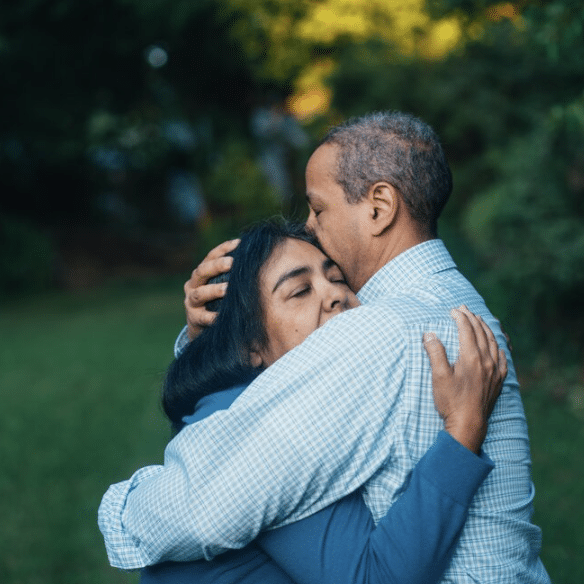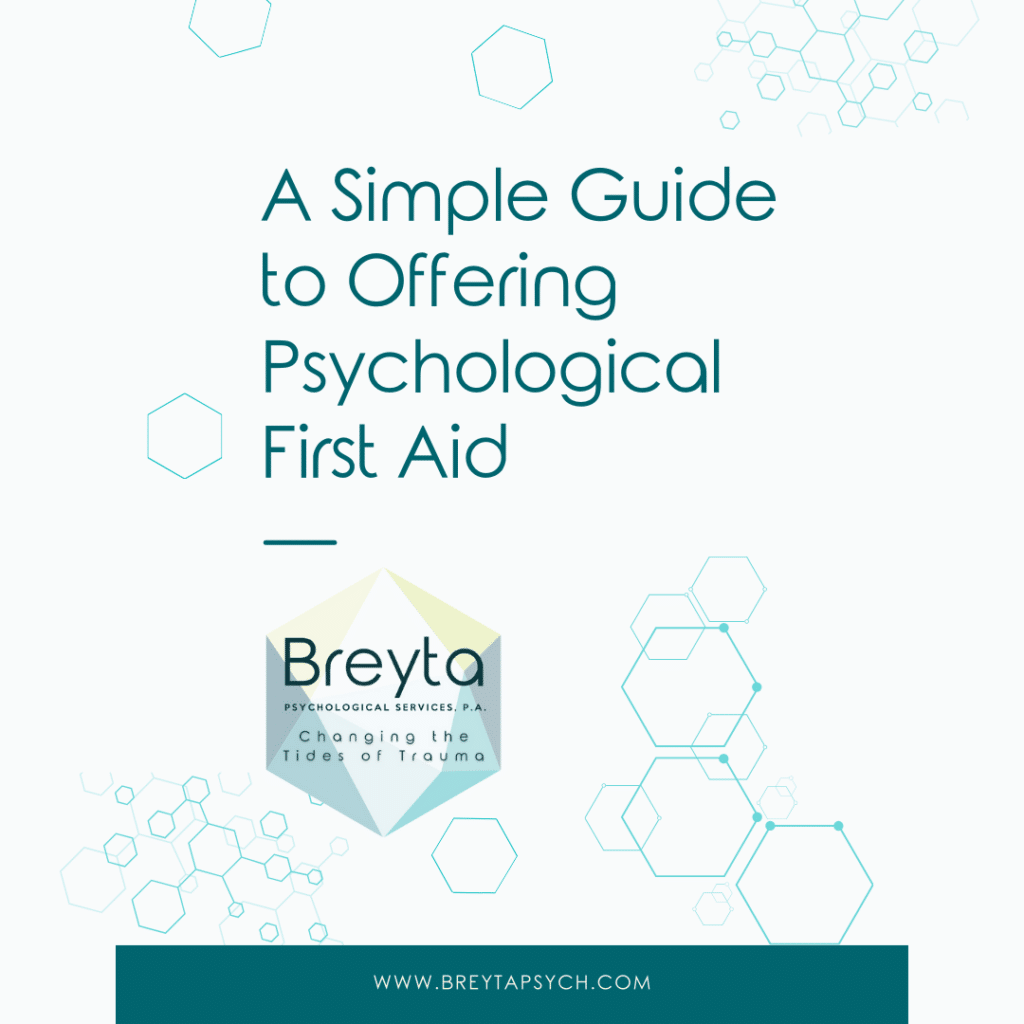Anxiety is a common issue, yet it feels isolating when it strikes. If you have experienced anxiety in the past, then you know how crippling the symptoms can be. Feelings of fear, panic, worry, and uncertainty cloud our brains, and we can’t seem to focus on anything else.
While anxiety can feel all-consuming, that isn’t necessarily the case. There are things you can do to calm your anxiety and its symptoms. If you’ve been struggling with anxiety, keep reading to learn some simple but effective activities to reduce it.
1. Start Journaling

When anxious thoughts start to swarm your mind, one of the most effective ways to combat them is to jot them down. Grab a pen and paper and start writing — it doesn’t have to be engaging, make sense, or even be grammatically correct. Instead, look at your journal as a place to reflect your thoughts: the good, the bad, the anxious, and everything in-between.
Journaling is a powerful way to reduce and make sense of your anxiety. We tend to get overwhelmed with anxious thoughts swirling around in our minds, and journaling offers an insightful outlet. Not only can you get your thoughts down on paper, but you can track them over time and see how much you progress.
2. Call a Loved One

When you experience anxiety, you may feel alone or isolated. Anxiety can be isolating, but in reality, many people can relate to how you’re feeling. The next time your anxiety becomes overwhelming, consider calling a friend, family member, or loved one. You will immediately feel more connected by talking to them, and you can share how you’re feeling. You may receive some helpful insight or advice, and more than anything, you’ll remember that you aren’t alone and that people are there to support you.
Though the COVID era has resulted in physical isolation, remember there are many ways to reach out for social support. You can schedule a video call, have a regular phone call, email, text message, start a discussion thread on an online chat board, or have a socially distant in-person meet-up with friends or family.
3. Exercise

Exercising has many benefits for our bodies, both physically and mentally. Though many people tend to think about the physical benefits of exercise, it is helpful when it comes to mental illness.
When you feel your anxiety flaring up, even just going for a walk will help. You may find that running, doing yoga, or biking can also clear your mind. When we exercise, our brains release endorphins that make us feel good both in the short and long term. Even the easiest and quickest bursts of physical activity can help get your heart rate up, clear your head, and make you feel much better afterward.
4. Listen to Music or Watch a TV Show

When you feel anxious, sometimes the best thing to do is find a good distraction. What better way to distract yourself than with a soothing song or a comforting TV show?
By listening to music or watching TV, you’re finding a healthy way to relieve anxiety. Not only will you feel more relaxed, but consuming your favorite media will make you feel better even once you’re done. If nothing else, putting on music or watching a little TV will help boost your mood and pull your mind away from anxious thoughts.
5. Practice Mindfulness

When anxiety starts to consume your thoughts, take a step back and refocus. Try to clear your head and instead focus on simple things like what you can see, smell, touch, taste, or hear. Take note of each sensation and embrace it. While you’re doing so, breathe deeply and maybe even close your eyes.
When you step back from your racing thoughts and focus on what’s happening at the moment, you’re practicing mindfulness. This technique is beneficial for anxiety, as it forces your brain to stop thinking about worst-case scenarios and instead focus on the right here, right now.
You may not have all the answers right now, and that’s okay. With mindfulness, you can slow down and appreciate the singular, peaceful moments in your life. By practicing this technique as much as possible, you’ll make big strides towards successfully reducing your anxiety at the moment and focusing on one thing at a time.
If you would like to take the next step in dealing with your anxiety, consider scheduling an appointment with one of our skilled psychologists to for anxiety therapy. Our clinicians have helped hundreds of clients overcome their anxiety and go on to lead thriving lives in which they can confidently move toward their goals. Our anxiety treatment is evidence-based and effective. Don’t hesitate to give us a call or email to get started today.





